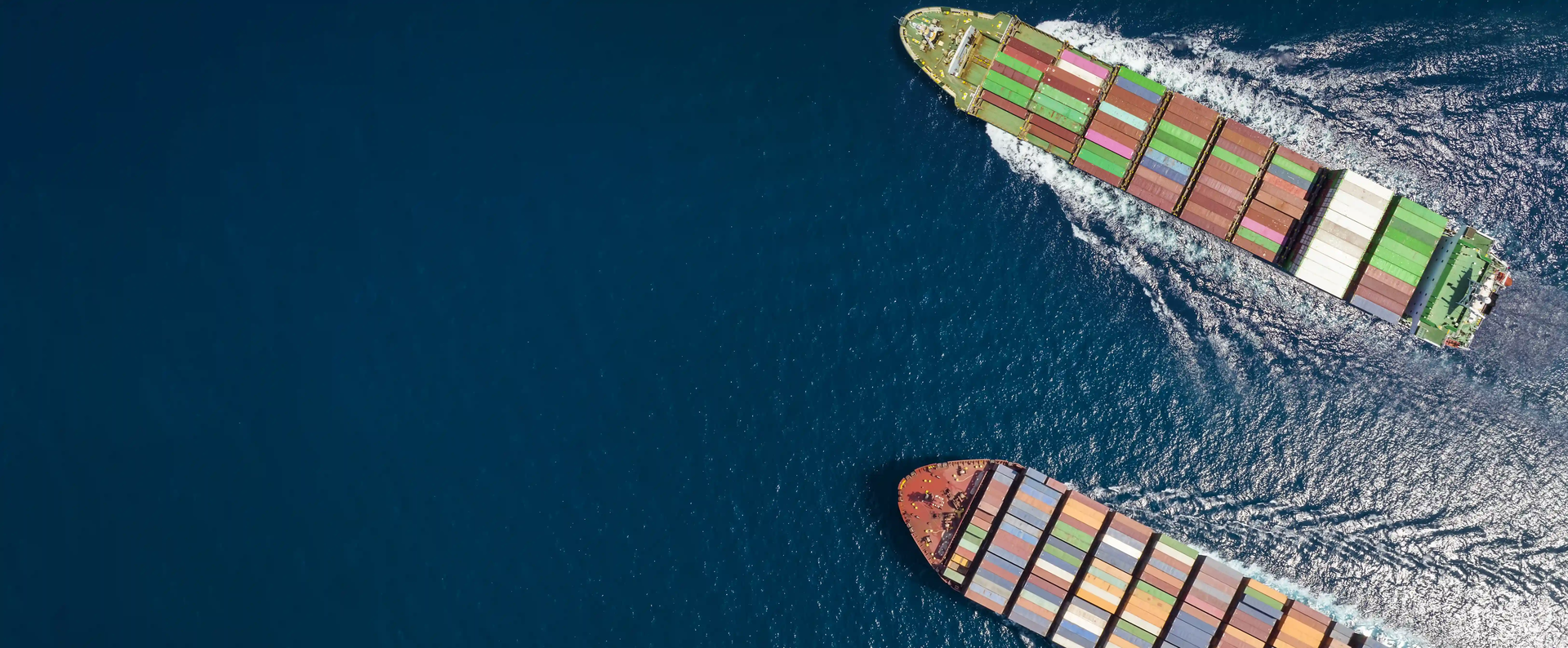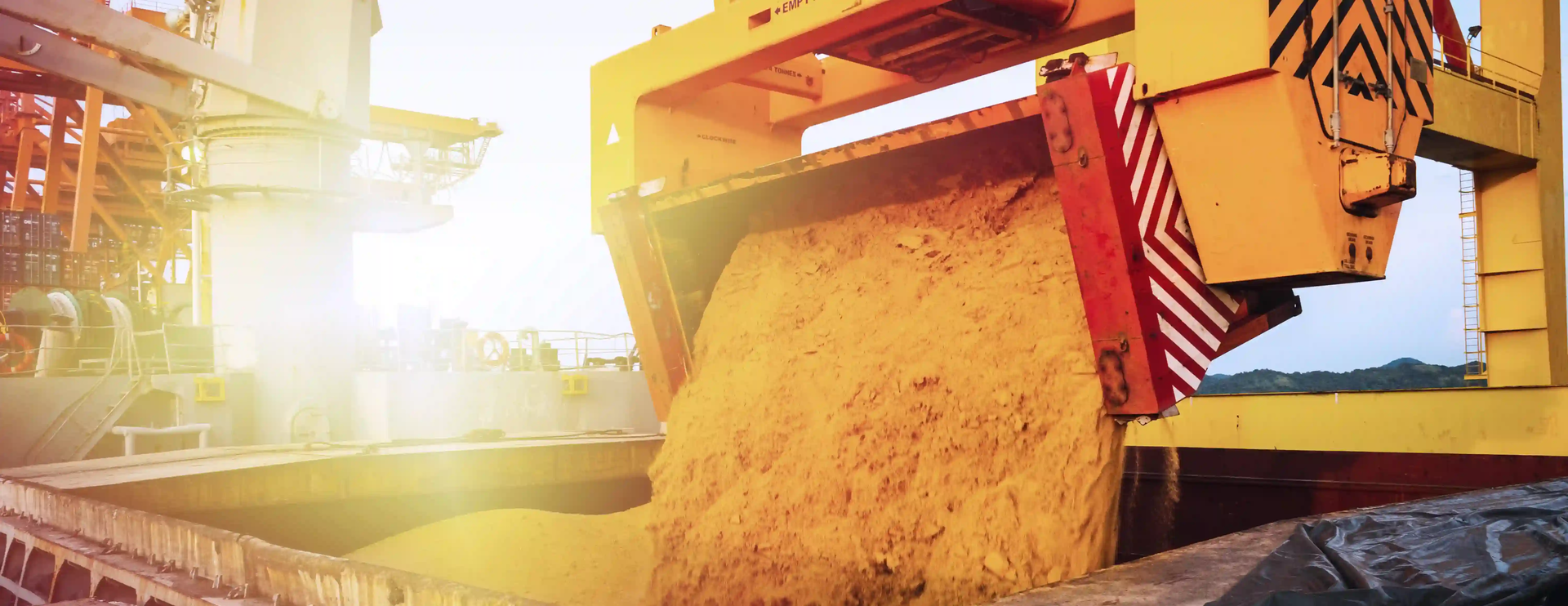European Inland Shipping at the verge of significant consolidation
Small independent inland waterway shipper must consider independent future
The European inland shipping market is on the verge of a significant consolidation wave due to several key factors. Sustainability, driven by the European Union's ambition to lower emissions, is a major driver of this consolidation. Small companies find it challenging to make the necessary investments in greener technologies, forcing them to sell or be acquired by medium and large companies or cease operation altogether. Additionally, geopolitical events and disruptions in traditional transport routes have increased the attractiveness of inland shipping as an alternative.
The European Union's focus on green policies is expected to fuel the inland shipping industry, as it is considered one of the most sustainable and effective modes of transport, along with rail transport. This, in turn, is expected to drive merger and acquisition activity due to the growing demand for transport and the need for companies to increase their capacity and leverage economies of scale.
With a focus on sustainability and emission restrictions, the market is witnessing significant growth, particularly in dry bulk cargo transportation, and the European market is outpacing global growth due to sustainability initiatives. The Dutch inland shipping market is particularly strong, accounting for a significant share of the EU's transport performance.

The fleet overview reveals a large fleet of vessels primarily consisting of dry bulk vessels in the Rhine countries, with a trend of shifting towards the Danube countries. The transportation of liquid bulk follows a similar pattern.
Driven by various factors we can conclude that each industry on its own, including agri-food, chemicals, steel, coal, aggregates, container shipping, and mineral oils, is facing growth trajectory and challenges within the inland shipping market.
Influenced by underlying trends such as sustainability initiatives, digitalization, and autonomous shipping the inland shipping industry will experience significant growth. Governments promote inland shipping as a greener alternative, and the sector is actively adopting digital technologies for optimization. However, extreme weather conditions and a shortage of personnel pose significant challenges.
Overall, the market trends and consolidation will drive merger and acquisition activity even further, with larger inland shipping companies seeking growth and expertise through acquisitions, while smaller independent companies must consider their independent future.

Highlights of the Inland Shipping report by IMAP Netherlands
- Over the past few years, inland waterway transport has been positioning itself as a cost-effective and environmentally friendly alternative to the established modes of transportation such as air and road. From a strategic point of view, inland shipping is of greater importance and has an even greater potential for growth than other transportation alternatives.
- With the ever-increasing attention to emission restrictions and sustainability, the inland shipping market is experiencing significant growth and increasing momentum within the freight transport industry. The European inland shipping market is expected to grow with 5% y-o-y between 2023 and 2028.
- The inland shipping market drives on fundamental developments in attractive industries + short and high over summary of vertical dynamics.
- The Netherlands plays a key role in the market as an important hub for international trade, as it is connected to the major waterways of Europe, being the Rhine, the North-South Axis, and the Danube.
- A number of underlying trends have been driving the inland shipping industry, with sustainability at the forefront, leading to consolidation as scale and financial strength will be required to keep ahead of the market curve and remain competitive.

Download
To download the full report and receive future publications via email please confirm your contact information.